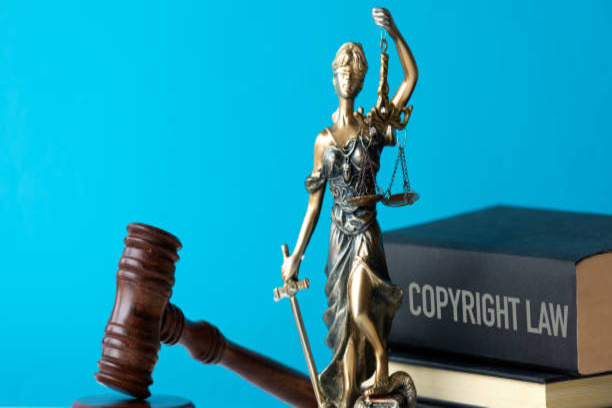


The European Parliament recently greenlit a monumental overhaul of copyright legislation—the most significant change in internet regulation since GDPR. The directive’s impending effect is poised to revolutionize the digital landscape.
At the heart of this overhaul are two contentious clauses: Article 11 and Article 13. These clauses have sparked intense debate among corporate lobbyists, online activists, and freedom of expression groups.
One pressing query: Will individuals retain the ability to upload content online? While the legislation affirms this, tech giants like Google caution that stringent measures will enforce the automatic removal of a wider range of content.
Why are major tech firms opposed to these changes? Their stance hinges on the argument that existing systems already compensate artists fairly. Platforms like YouTube fear potential disconnection of EU-based users from videos due to these regulations.
This directive has encountered staunch opposition. Numerous advocates argue that it could stifle free expression online, potentially leading platforms to block any user-generated content referencing copyrighted material, including critiques, remixes, or quotes.
Mozilla’s Raegan MacDonald asserts that this move could inadvertently empower major tech corporations, allowing them to comply while hindering smaller innovators and creators.
A pivotal aspect of this directive, Article 11, addresses the sharing of news articles. News organizations stress the difficulty in funding quality journalism and advocate for technology firms profiting from news sharing to contribute their fair share.
An overarching concern among content creators and internet users revolves around the potential for a “meme ban.” The directive’s strict regulations against uploading copyrighted material pose a significant challenge for shareable content like memes, often reliant on TV and movie scenes. The term “Copyright Law” refers to the legal framework governing the use and distribution of creative works, ensuring creators’ rights and protections for their intellectual property. Though tweaks aimed to protect content for purposes like criticism or parody, technology companies argue that implementing this safeguard effectively remains impractical. Understanding the nuances of Copyright Law becomes crucial in navigating these challenges, balancing the rights of creators with the freedom of expression inherent in meme culture.
EU member states are granted a two-year window to implement these new rules following the European Council’s final approval—expected around May or June this year. The UK’s decision to adopt these rules, especially if it exits the EU, remains a topic of speculation.
In summary, while the directive aims to revamp copyright laws in the digital age, its potential implications for content sharing, news dissemination, and meme culture remain a subject of intense scrutiny and debate across various stakeholders.